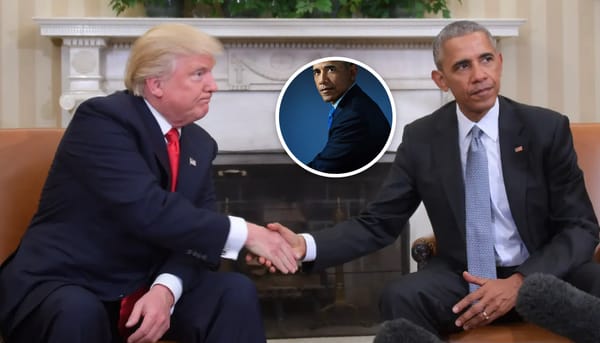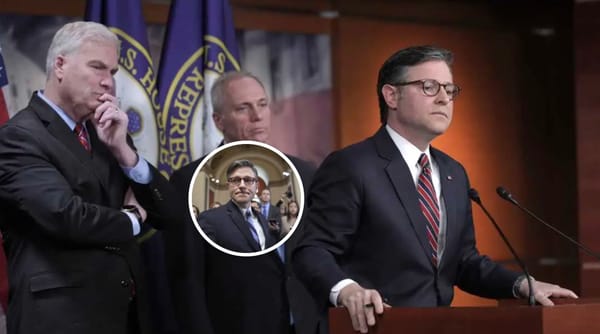Supreme Court blocks Trump deportation order President warns ruling threatens national safety
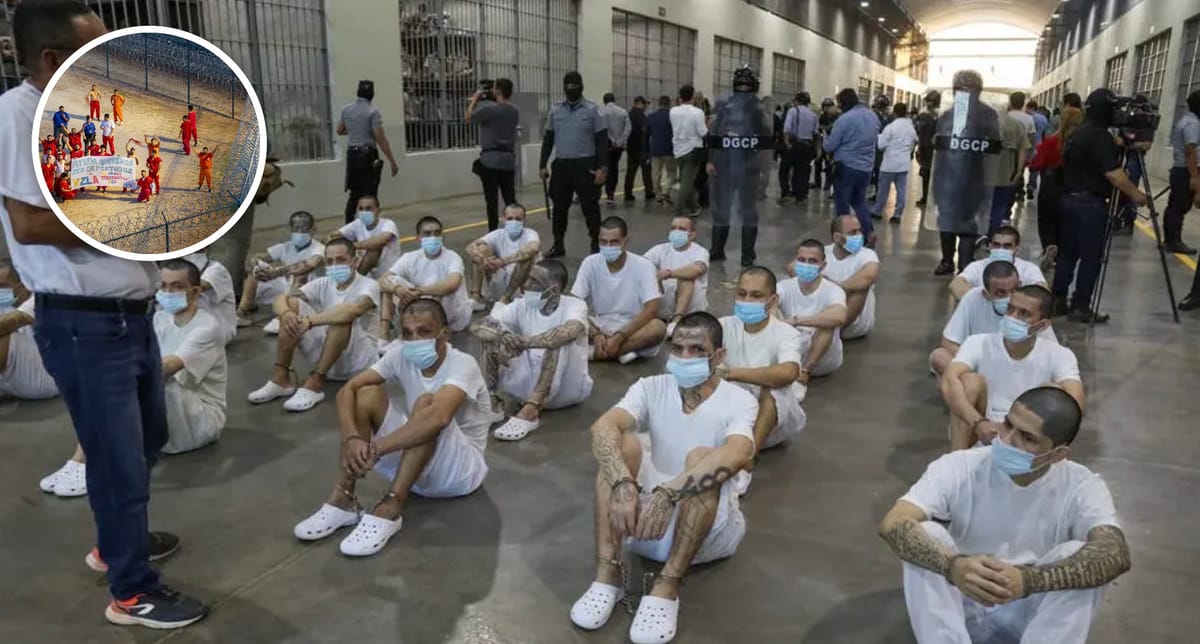
A significant ruling from the nation's highest court just threw a wrench into efforts to quickly remove certain individuals.
And President Trump isn't holding back his strong reaction, warning of potential dangers.
Controversial Law and Swift Action
The case revolves around the 1798 Alien Enemies Act (AEA), a historic law the Trump administration sought to use for speedier deportations.
The goal? To accelerate the removal process, particularly for individuals deemed threats to national security or public safety.
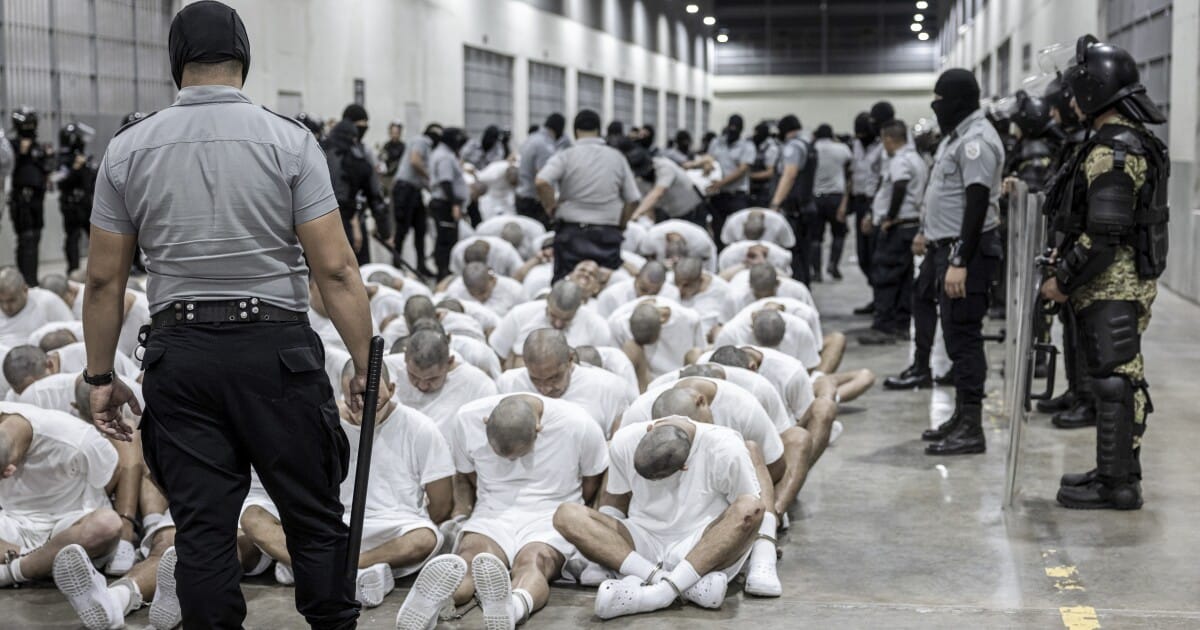
President Trump has been vocal about the need to swiftly deport illegal immigrants, especially those with criminal records or gang affiliations.
Using the AEA was seen by some as a potential tool to bypass lengthy legal battles that can keep individuals in the country for years.
President Trump Blasts Decision
Following the Supreme Court's decision, President Trump took to his Truth Social platform to express his severe disappointment.
"THE SUPREME COURT WON’T ALLOW US TO GET CRIMINALS OUT OF OUR COUNTRY!" he wrote in one post.
He didn't stop there, issuing a stark warning about the potential consequences.
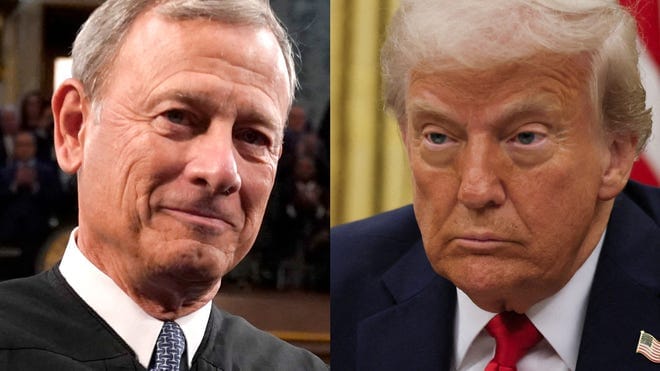
"The Supreme Court has just ruled that the worst murderers, drug dealers, gang members, and even those who are mentally insane, who came into our Country illegally, are not allowed to be forced out without going through a long, protracted, and expensive Legal Process," he stated.
He argued such delays could take "possibly, many years for each person," allowing them to "commit many crimes before they even see the inside of a Courthouse."
The President fears the ruling will "let more CRIMINALS pour into our Country, doing great harm to our cherished American public."
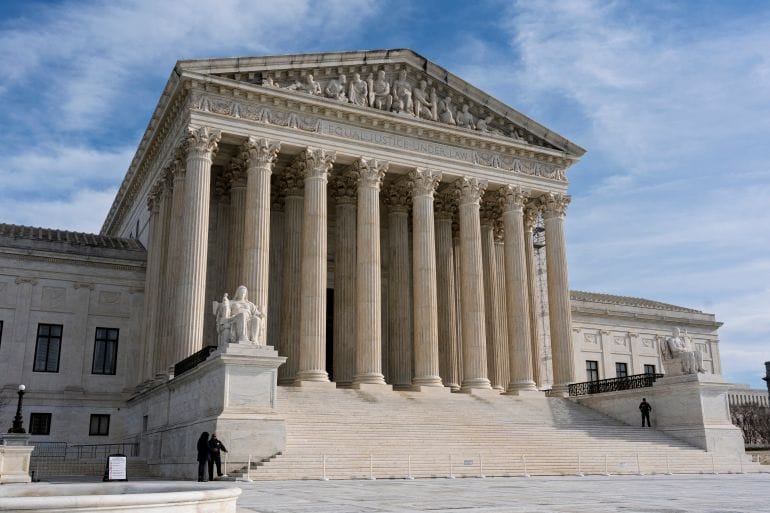
He also contrasted the situation with a previous administration, claiming they "allowed MILLIONS of Criminal Aliens to come into our Country without any ‘PROCESS’ but, in order to get them out of our Country, we have to go through a long and extended PROCESS."
"This is a bad and dangerous day for America!" President Trump concluded.
Legal Battles and Dissents
The Supreme Court's ruling came in response to an appeal by a group of Venezuelan migrants challenging their potential deportation under the AEA.
This wasn't the first time the Court has weighed in on the administration's use of the 1798 law.
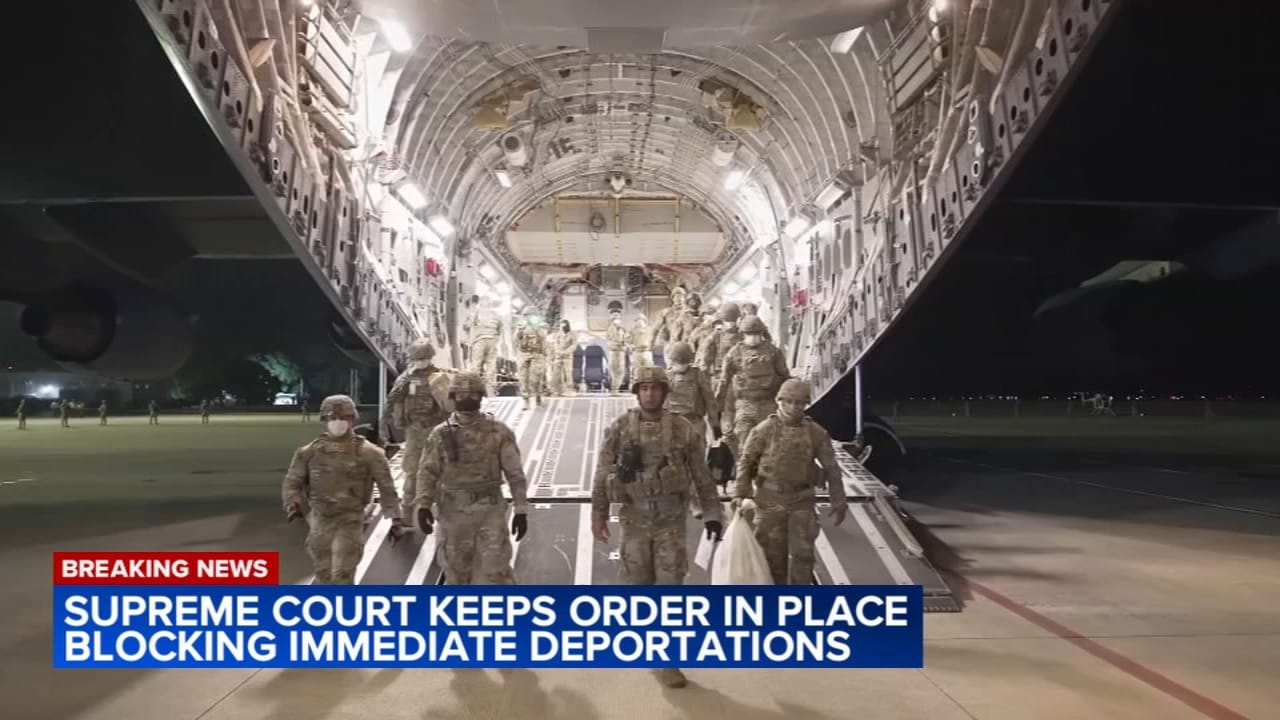
Last month, the Court had lifted a lower court's block on AEA deportations but stressed the need for proper notice.
Justices Clarence Thomas and Samuel Alito dissented from the latest decision.
Justice Alito had previously criticized an earlier halt to AEA deportations as "unprecedented" and "legally questionable."
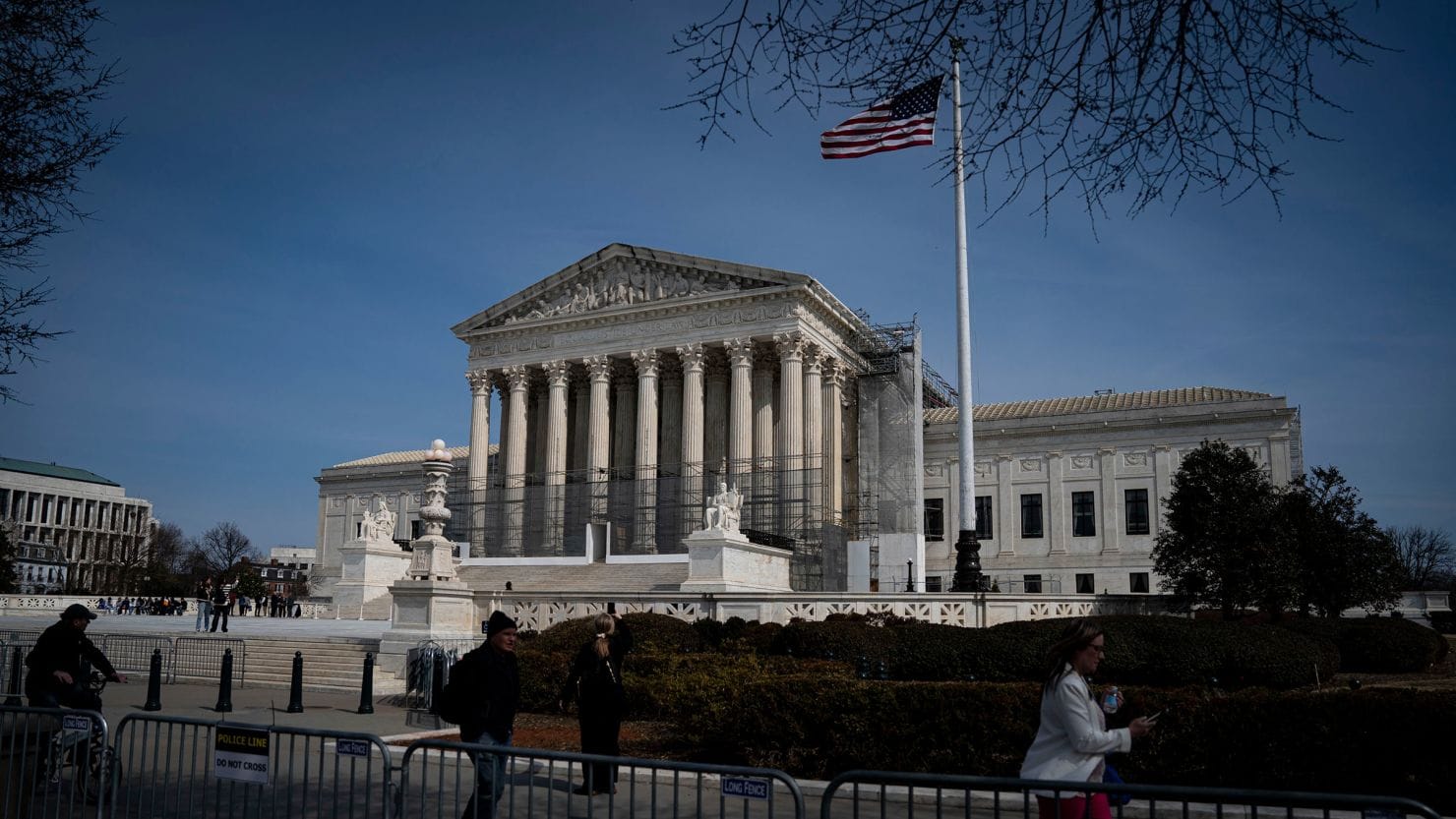
Conservative legal expert Mehek Cooke has noted the debate surrounding the AEA, explaining why the administration is using it and the range of judicial opinions on its application.
Broader Legal Challenges
The ruling is one of several high-profile cases involving challenges to President Trump's executive actions currently before the Supreme Court.
These include ongoing debates around:
- Temporary Protected Status (TPS) for Venezuelan migrants.
- Immigrant parole programs.
- Federal workforce regulations.
- Issues related to birthright citizenship.
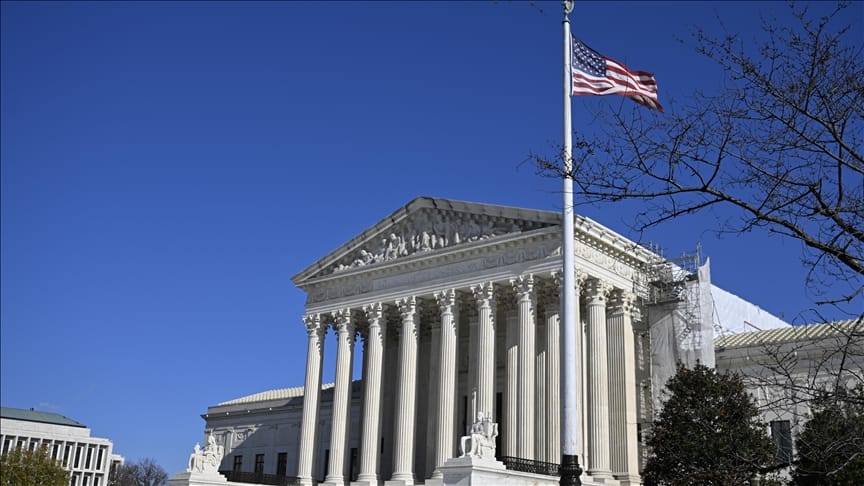
The Court's Reasoning Revealed
The Supreme Court's Friday decision did not definitively rule on the overall legality of using the Alien Enemies Act for these deportations.
Instead, the ruling focused narrowly on the process provided to the migrants.
The Court found that the migrants were not given sufficient notice – "roughly 24 hours before removal" – to exercise their due process rights to challenge their deportation.
The justices stated this "surely does not pass muster" constitutionally.
Rather than prescribing the exact steps needed, the Court sent the case back to the 5th U.S. Circuit Court of Appeals to determine the "precise process necessary to satisfy the Constitution."
The Court's ruling explicitly stated: "To be clear, we decide today only that the detainees are entitled to more notice than was given on April 18."
So, while blocking these specific deportations based on inadequate notice, the ruling leaves the door open for the administration to potentially use the AEA if a constitutionally sufficient process is established.
But for now, it marks another legal hurdle in the administration's efforts to expedite removals, fueling the President's concerns about national security.
